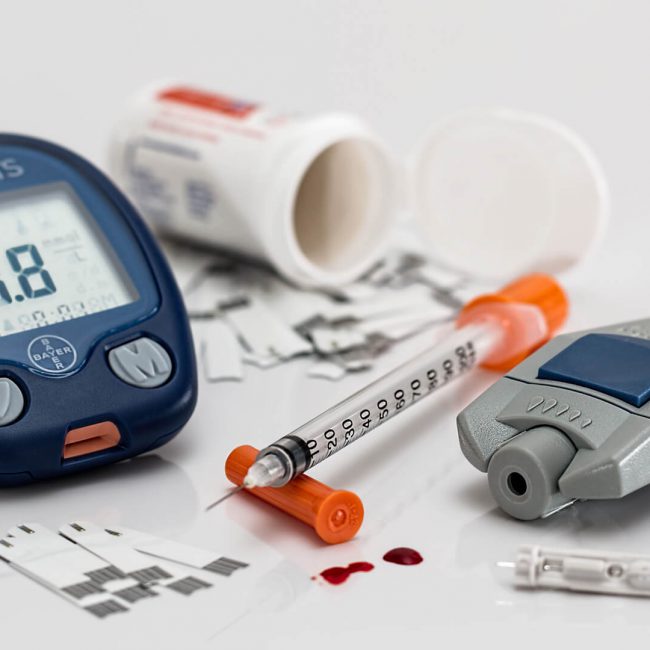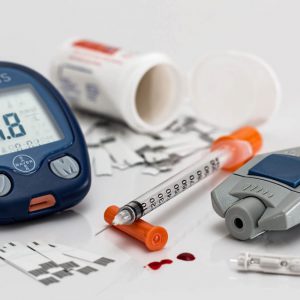The quad marker screening test (quad screen) is a blood test administered in pregnancy, typically between the 15th and 20th weeks of gestation. Similar to the triple screen, the quad marker screen provides information about whether there is an increased risk for certain birth defects in the baby. The test is simple and involves taking a blood sample as for any other routine blood test. The quad marker test is a screening test, meaning that it gives information about risk, but it does not allow the definitive diagnosis of any conditions. It can only signal that further testing should be done to confirm a diagnosis. There is no risk to the baby from the test.
The conditions it screens for are Down syndrome and trisomy 18, which are chromosomal abnormalities, as well as neural tube defects, such as spina bifida. The quad screen is done in the second trimester, usually between 15 and 20 weeks of pregnancy.
As with any screening test, an abnormal result does not mean that the fetus definitely has a birth defect or genetic condition. It only means that the blood levels of these four substances suggest that a woman’s risk is increased of having a baby with certain conditions. Women who have a result suggesting increased risk are typically offered further testing.



